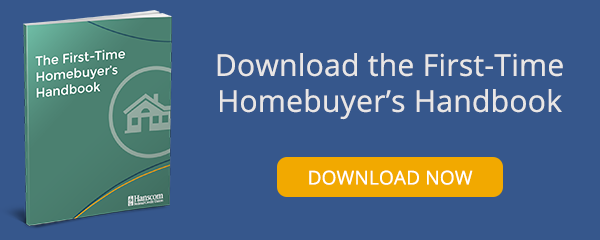With mortgage interest rates so low right now, you may be considering buying property sooner than you had planned. Condominiums, in particular, are a popular choice for both folks looking to take that first step away from the cycle of renting and for those who may have had a single-family home and are looking to downsize. Whether you’re looking to buy your first home or are adding a vacation or investment property, here’s what you need to know about the differences between buying a condo and a single-family home.
First, what are the differences between a condo and a house?
- A condominium, or condo, is typically part of a building with multiple residences, somewhat like apartments or townhomes. They tend to be smaller than single-family residences (SFRs), and the exterior and shared areas are managed by a homeowner’s association (HOA) or board of trustees. The HOA manages various amenities, ranging from exterior repairs, snow removal, landscaping, and facilities like shared pools and tennis courts. They also tend to be less expensive than SFRs. For these reasons, condos are a popular choice for both first-time homeowners and those looking to downsize.
- A house is usually not connected to other buildings and tends to be larger than condos. Owners of single-family residences own not only the inside of the property but also the exterior and any land included on the deed. These can be, but tend not to be, managed by an HOA. Homeowners must manage their own exterior repairs, snow removal, landscaping, etc.
What’s different about the mortgage process for condos?
- Closing costs are a bit higher for condominiums. It’s not necessarily significantly higher, but there’s an additional fee for having condo documents reviewed. Joshua Rakiey, Hanscom Federal Credit Union's assistant vice president of mortgage origination said, “One of the biggest differences is the lender requirement of condo documents. Lenders typically review the Condo Questionnaire, Bylaws, Budget, Master Insurance, and Master Deed in order to make sure the condo complex is stable with no major lending concerns.” It may take an extra day or two, but that, overall, isn’t very long when closings often take 30+ days.
- The master insurance the condo community has only covers the exterior of the property and the complex’s shared spaces from liability. Most lenders, including Hanscom FCU, require condo purchasers to obtain a special insurance policy called an HO-6 policy that covers the contents of the condo unit.
- If you’re looking to get a loan for a condo that has a loan-to-value (LTV) ratio of over 75% the rate is going to be a bit higher than for a SFR.
- Condos have a fee that is paid to the HOA for the needs of the whole complex that aren’t included in your monthly mortgage payment. This varies from condo community to condo community, but can often range from $200-500 for various services and legal fees. Rakiey advised first time condo buyers, “When purchasing a condo, make sure to account for monthly condo dues which are common in most condo complexes. This is an extra monthly payment you avoid by purchasing a SFR.”
It comes down to what fits your needs and preferences. Condos appeal to some buyers for several reasons, including having someone else responsible for managing hassles such as hiring snow removal and landscaping contractors, and single family homes appeal to others because they get to avoid dealing with an HOA, the related fee, and are looking for more square footage. Whichever is right for you, if you’re searching for either a condo or an SFR, Hanscom FCU has experienced mortgage officers ready to help you find your next home.
Want to learn more about the home-buying process? Download our free First-Time Homebuyer's Handbook today!
Others are reading:
- The Best Time of Year to Buy a House
- 4 Ways Increased Home Equity Affects Your Finances
- 5 Things You Need to Know About Buying a Condo
- 6 Mistakes First-Time Homebuyers Make
- Introducing Hanscom FCU's No-Money-Down Mortgage




.jpg)








Comment